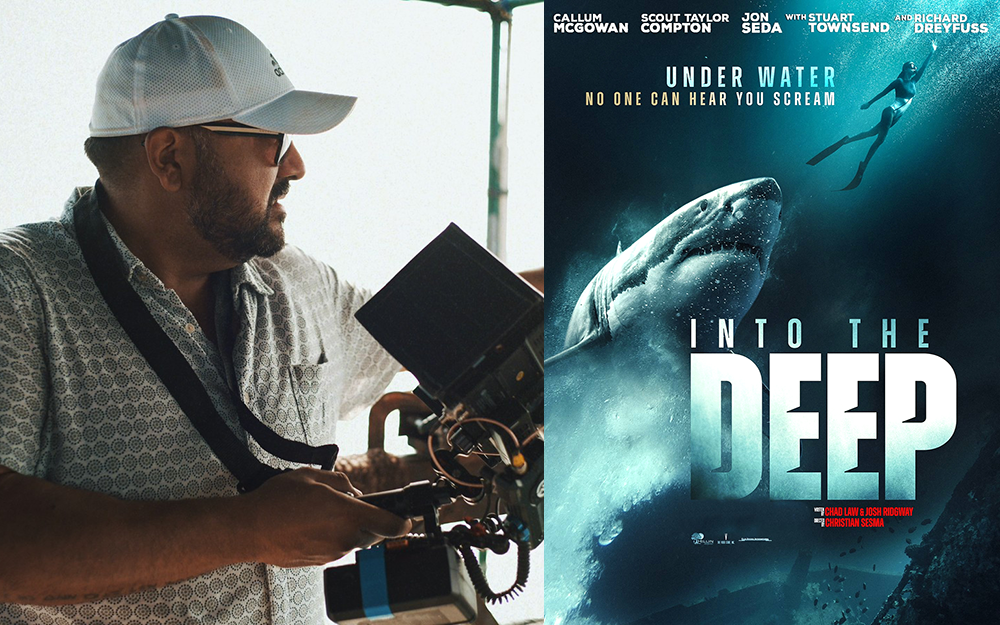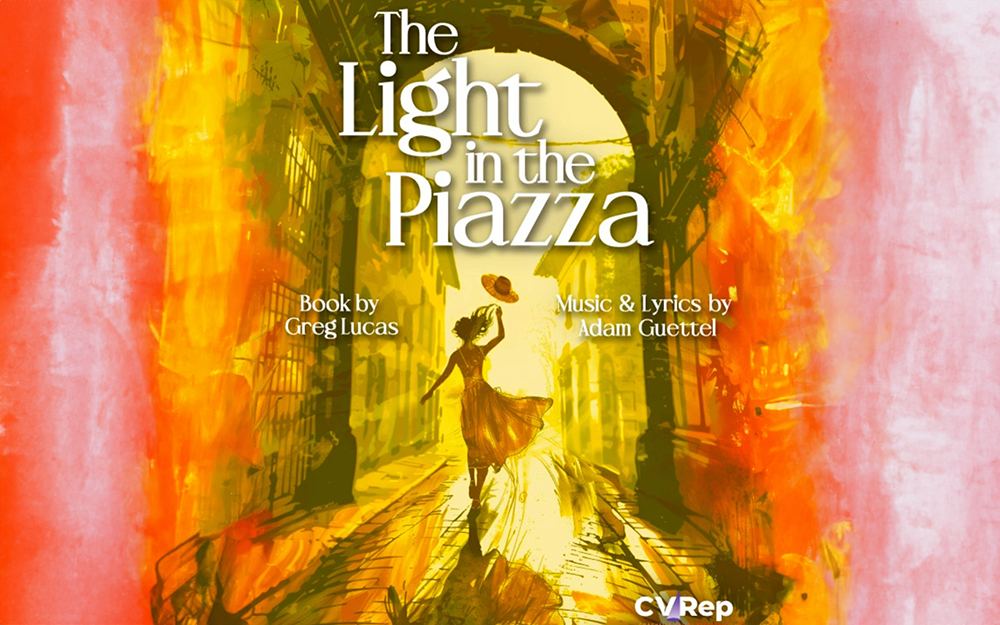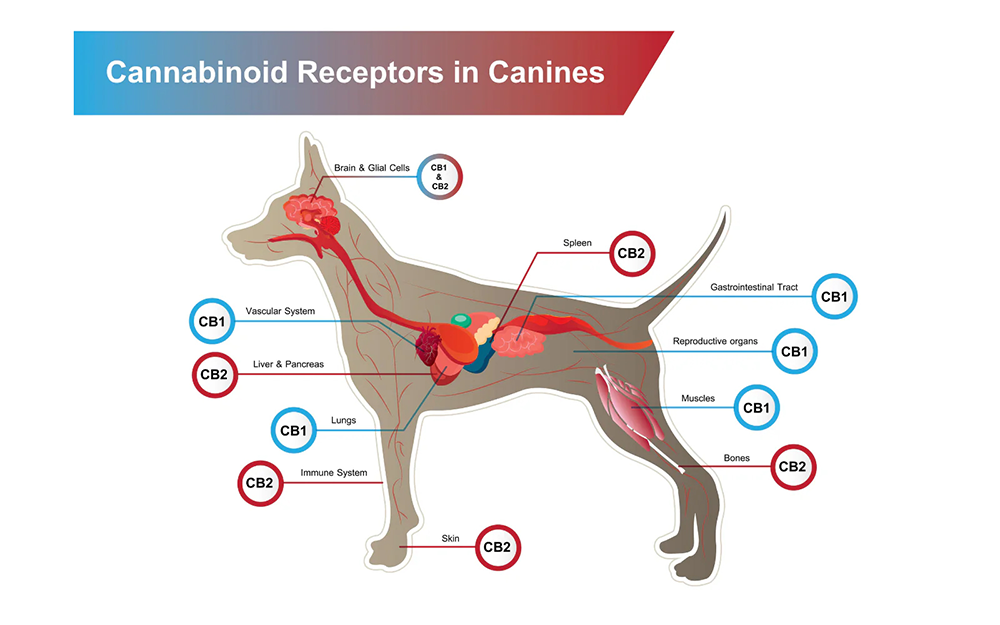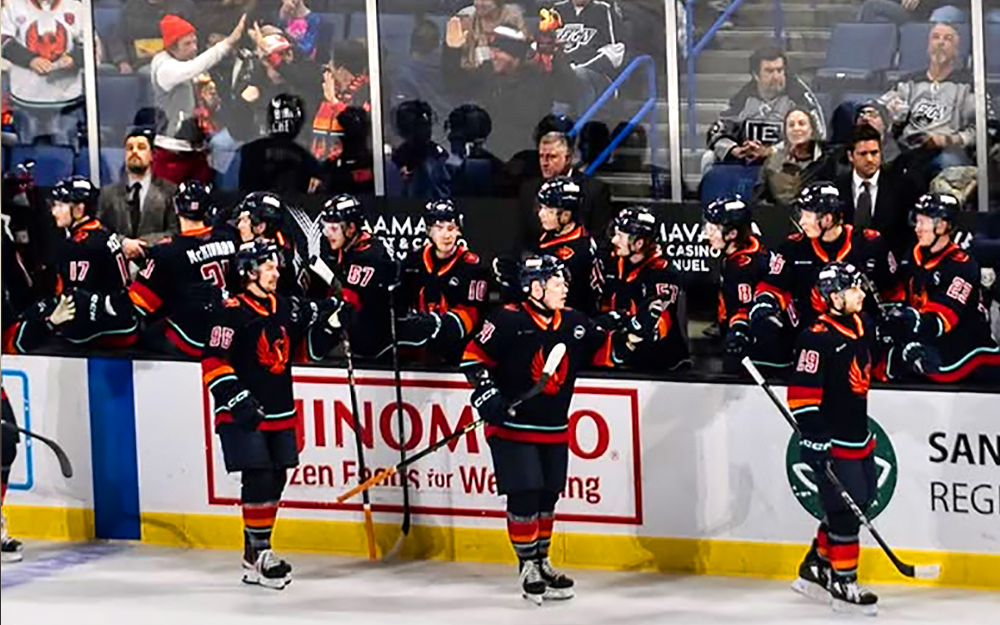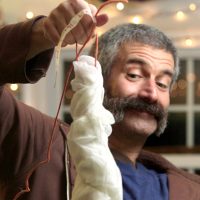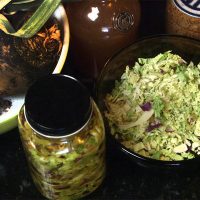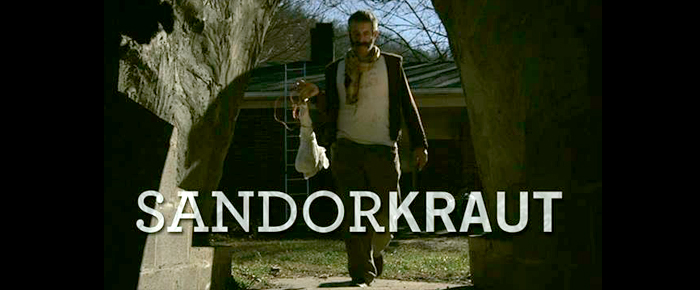
By Heidi Simmons
“Sandorkraut: A Fetish for Fermentation”
12 minutes
Documentary
Extraordinary People Program
Thursday, June 18 11:30
Camelot Theatres
When filmmakers Ann Husaini and Emily Lobsenz met at a party, they discovered a mutual interest. “Partly being silly, I mentioned to Ann that she should double ferment the extra Sangria. And she immediately knew what I was talking about,” said Lobsenz. “We both had read Sandor Katz books on fermentation and discovered we both thought he would be a great subject for a film.”
“Sandorkraut: A Fetish for Fermentation” is a look at the magic and philosophy of fermentation as told by the guru of fermentation and New York Times Bestselling author Sandor Katz. Sandorkraut is a nickname for Katz because of his gift for making superb sauerkraut. Meticulously photographed by cinematographer Craig Marsden, Katz tells his personal story of how, after leaving New York City, he came to appreciate the fermentation process and its larger meaning on his Tennessee farm.
“Sandor’s books are so much more than just cookbooks and recipes,” said Husaini. “He is a beautiful writer. He talks about our food system and shares his personal experience of life in a rural community. I knew a short portrait documentary was a very achievable film to make.”
Husaini and Lobsenz wrote, directed, produced and edited the film together. Shot over two days and with a budget of $3,000 — mostly on travel and food — Husaini and Lobsenz each marshaled their talented friends who owned their own equipment to do all the things they couldn’t. “We used a deep resource of friends that complimented each other in terms of getting things done,” said Husaini. “It was really cool. The whole team was great and worked nicely together.”
Husaini and Lobsenz each have made feature length and short films prior to their collaboration. Husaini is a graduate of Columbia’s MFA Film Program and Lobsenz has a Master from Courtald Institute of Art in London.
“It was a learning experience for the both of us because we didn’t know each other well,” said Husaini. “We were doing it out of a common interest. Emily comes from a writing-directing background and I’m more of a seasoned editor. We both had a similar vision of what we wanted because of our appreciation for Sandor. Our artistic ideas were similar.”
“Creatively we worked really well together. Producing was harder because we just didn’t have any money,” said Lobsenz. “But, we’d pass things back and forth. It was a nice balance. There is a lot of stuff in the film that worked out because we each added something more to the scene. We both wanted to create something really textured, with sound and visuals. Ann cut it together to amplify what I wanted to do. She is incredibly creative and really motivated and smart, so it was cool to push each other like that.”
Raised in a household where her mother grew her own vegetables and made yogurt, Lobsenz felt a connection to Sandor’s work. And when her father became seriously ill, she wanted to better understand the healing properties of fermentation. “Sandor writes these beautiful things about life and death as he makes Kimchi,” said Lobsenz. “There’s this whole spiritual side to fermentation that really hit me when I thought I might lose someone I love dearly.” Lobsenz father survived his illness.
With a background in literature and fine arts, Lobsenz wanted the film to look like the Dutch and Flemish paintings she studied abroad. She showed Husaini, Hungarian filmmaker Béla Tarr‘s, “The Turin Horse” as an example of how she saw the simple process of Katz chopping cabbage and making sauerkraut.
Husaini loves cinéma vérité and the work of Albert and David Maysles. She enjoys Harmony Korine for visual style but likes happier topics. She’s naturally drawn to first-person narrative in documentaries. She was on a health food kick, making her own sauerkraut and canning, when she read Wild Fermentation by Katz.
“We are both strong personalities and are used to working independently but it’s been good for both of us,” said Husaini. “We gave each other space and divided up duties according to our strengths. I’m grateful for the whole experience. Alone, neither of us would have done it, but having a partner on this project really made it work.”
“Sandorkraut” has been in 15 festivals since its completion last year. The documentary has been in all types of program categories that include environmental, gay lives, political activism, death and food!
For more information on “Sandorkraut” and the filmmakers go to www.sandorkraut.com For tickets go to www.psfilmfest.org “Sandorkraut” is packaged with six other films under the “Extraordinary People” program.









